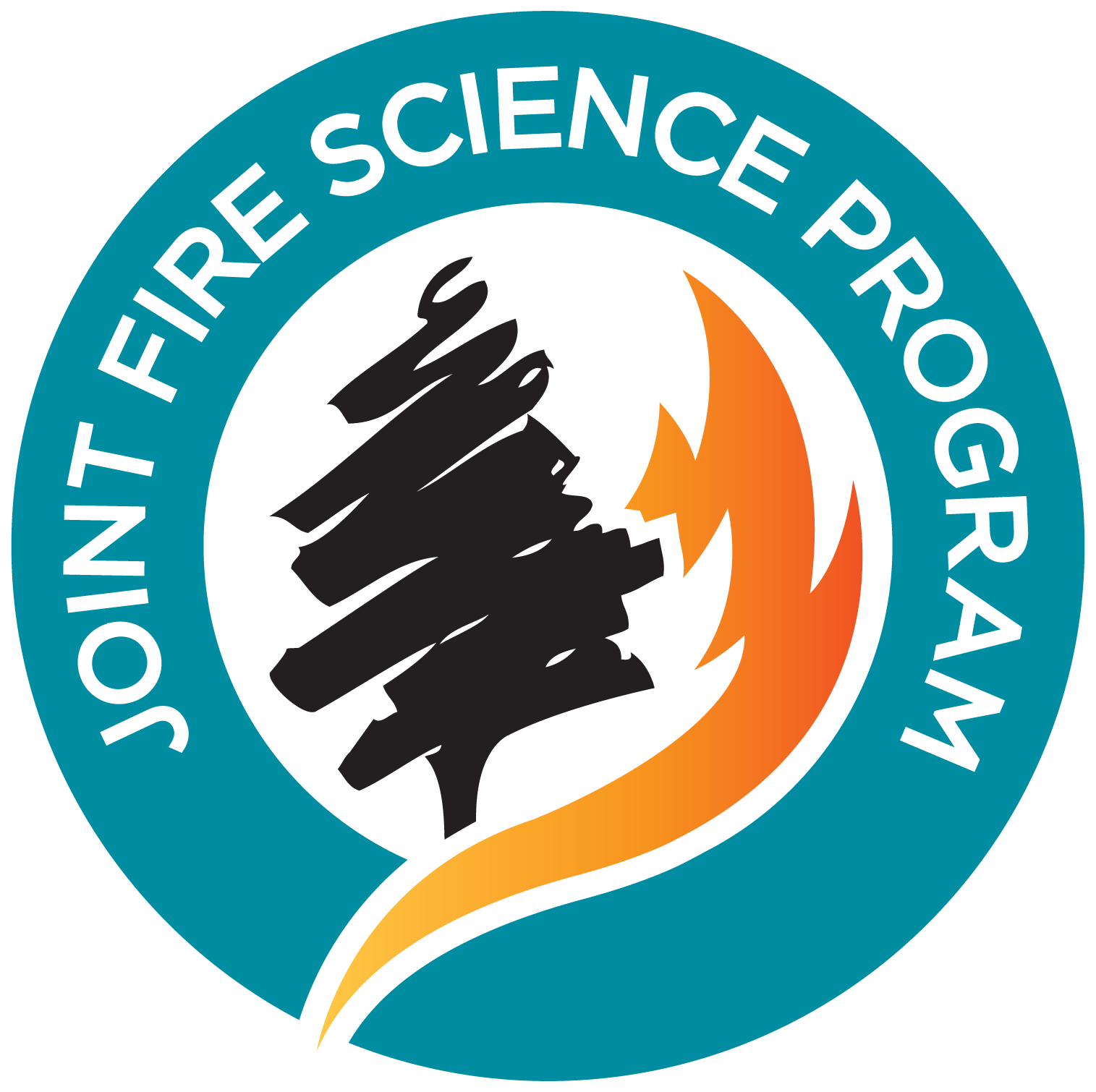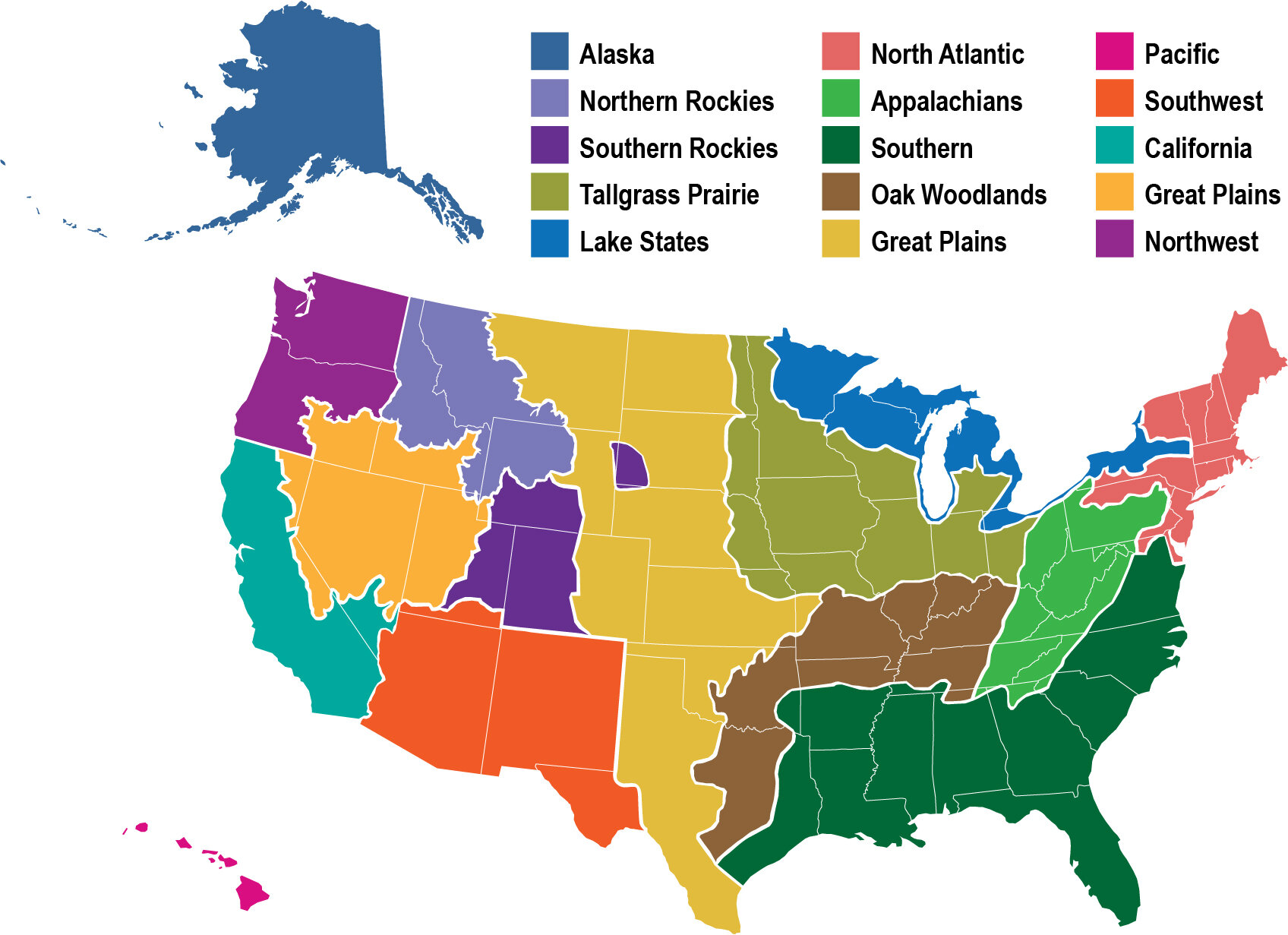Joint Presentations:
Postfire restoration framework for national forests in California
A virtual lecture presented by
Dr. Marc Meyer
US Forest Service
&
Improving the burn: a look at the California Prescribed Fire Monitoring Program so far and the challenges ahead
A virtual lecture presented by
Dr. John Williams
UC Davis
View Flyer PDF with more information here >
Part of the
2021 FFERAL* Lecture Series
Sponsored by the California Fire Science Consortium and the US Forest Service Pacific Southwest Region Ecology Program
Wednesday, March 10th, 3:30-4:30
*Forest & Fire Ecology Random Lectures, open to the public, free, registration required
Abstracts:
Postfire restoration framework for national forests in California: Increasing frequency and extent of uncharacteristically severity wildfires pose a significant threat to California’s forest and shrubland ecosystems. To address these trends, we developed a science-based framework to guide the development of postfire restoration on national forests in California. The framework is founded on a set of guiding principles and a five-step process that leads to the development of a restoration portfolio that can inform project planning, monitoring, and research in California’s diverse ecosystems.
Bio: Marc Meyer is an ecologist with the U.S. Forest Service Pacific Southwest Regional Ecology Program and serves the Inyo, Sequoia, and Sierra National Forests. His work focuses on integrating science information into land management planning and ecological restoration projects in the southern Sierra Nevada of California. Contact: marc.meyer@usda.gov.
Improving the burn: a look at the California Prescribed Fire Monitoring Program so far and the challenges ahead. Prescribed fire can help California reduce the risk of large, high severity wildfires and restore its fire-adapted forests. Such low-to-moderate severity fires can reduce the buildup of combustible fuels and have a regenerative effect on ecosystems. There are many unanswered questions, however, about how much fire is needed, how often, and how that depends on forest type. The California Prescribed Fire Monitoring Program (CPFMP) is a collaboration between the University of California, Davis and the California Department of Forestry and Fire Protection (CAL FIRE), founded in 2019 to address these questions. Through a network of long-term monitoring plots in forests where fire is an endemic ecological process, the CPFMP deploys field crews to collect data before and after burns so that scientists and land managers can improve their understanding of how to optimize prescribed fire for risk abatement and ecological benefit. In this webinar, we look at the objectives, scope and achievements of the CPMFP in its first two years, as well as lessons learned and the challenges ahead.
Bio: John Williams is an ecologist and project scientist at the University of California, Davis, where he manages the California Prescribed Fire Monitoring Program and studies the effects of natural and prescribed fire on forest ecosystems. He also conducts research on climate change, species distributions, biodiversity conservation and the interface between agriculture and natural habitat. Contact: jnwill@ucdavis.edu.



